Search
Showing 1 - 24 of 24 results
 Video
Video
Primary Care Predicaments: Myopathies, Neuropathies & Neuromuscular Conditions, Oh My!
From ALS to myasthenia gravis to Guillain-Barré syndrome, potentially aggressive neuromuscular disorders can present with a range of nebulous symptoms.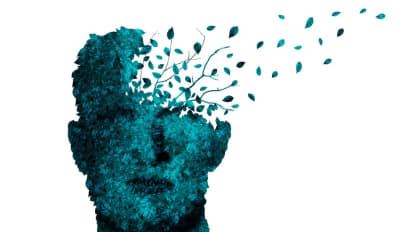 Video
Video
Assessing Cognitive Decline in Primary Care: New Tools and Algorithms for Everyday Practice
Although timely diagnosis can significantly improve a patient’s future, dementia is underdiagnosed and often detected late. Video
Video
Slumber Secrets: New Insights into the Complexities of Sleep and Managing Common Issues
Sleep medicine specialist Rochelle Zak, MD, delivers a rousing update on what’s known about sleep’s stages and physiological payoffs, followed by her guide to assessing and treating insomnia – by far the main sleep issue seen in primary care.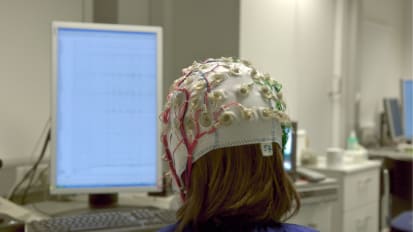 Video
Video
Assessing First Seizures: Steps for Primary Care Providers
Neurologist Manu Hegde, MD, PhD, breaks seizures into basic classes and puts the numerous epilepsy syndromes into three useful categories. He discusses how to take better histories; what to check for during physical exams; and what to know about antiseizure drugs, including specific side effects. Video
Video
Endocrine Tests: Keys to Interpreting Results and Identifying Issues
Neuro-endocrinologist Lewis S. Blevins Jr., MD, a specialist in pituitary disorders, breaks down the complexities of hormone levels, with wisdom on how various conditions typically look both in terms of symptoms and test results. Video
Video
Sudden, Severe Headaches: Responding to the Thunderclap
Extreme headache pain that comes on abruptly (the “thunderclap”) can signal a number of serious conditions – such as subarachnoid hemorrhage – or have a simple cause such as sexual activity or a change in medication. Video
Video
Sleepy Patients: Identify and Treat Common Sleep Disorders
David Claman, MD, director of the UCSF Sleep Disorders Center, presents an update on the sleep problems often seen in primary care, from insomnia to restless legs syndrome to obstructive sleep apnea. Video
Video
Headache Help: Making Sense of Migraines and a Multitude of Therapies
Neurologist Morris Levin, MD, director of the UCSF Headache Center, reviews the diagnostic criteria for migraines and other headaches, followed by a breakdown of preventive and acute treatments. Video
Video
Epilepsy Illuminated: How to Define, Diagnose and Distinguish Seizures
Neurologist Manu Hegde, MD, PhD, guides primary care doctors through the steps to follow for a seizure-like event, from getting an accurate history and differentiating epilepsy from other possibilities to selecting tests and categorizing your diagnosis. He also offers guidance on monitoring. Video
Video
A Wake-Up Call on Restless Leg Syndrome: Common, Life-Affecting and Treatable
Neurologist and sleep medicine specialist Liza Ashbrook, MD, presents a quick, thorough lesson on RLS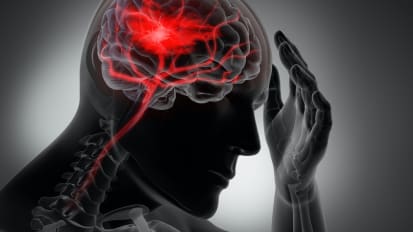 Video
Video
Stroke and COVID-19: Connections, Concerns and Care
Answering questions from both patients and doctors, our neurovascular disease experts discuss the higher risk of clotting disorders associated with severe SARS-CoV-2 illness and how to manage these cases. Symposium
Symposium
Neuro-Oncology Support Presentations
Educational lectures that are tailored for people with brain tumors or their caregivers Video
Video
Integrative Cancer Care
As part of the educational lecture series provided to the UCSF Neuro-Oncology Brain Tumor Support Group, Dr. Donald Abrams shared insights into integrative cancer care. Video
Video
UCSF Neuro-Oncology Caregiver Retreat 2019: Introduction
Susan Chang, MD, is the director of the UCSF Division of Neuro-Oncology. This lecture aims to foster resilience through knowledge and self-compassion.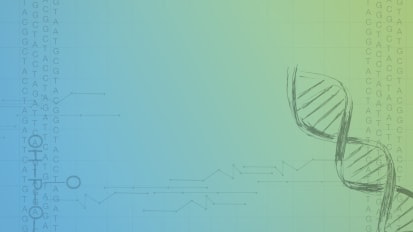 Video
Video
Overview of Metagenomic Next-Generation Sequencing
Charles Chiu, MD, PhD, provides an overview of metagenomics next-generation sequencing (mNGS), a clinical test he and his UCSF colleagues have developed that allows millions of DNA sequences to be decoded from a single clinical sample.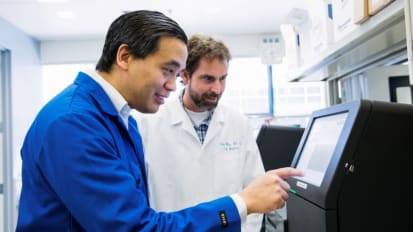 Video
Video
Clinical UCSF mNGS Assay for Diagnosis of Neurological Infections
Despite extensive conventional testing, acute neurological illness in hospitalized patients is difficult to diagnose. Charles Chiu, MD, PhD, discusses an mNGS test that identifies pathogens causing neurological infections from cerebrospinal fluid and how a recent multi-hospital study has demonstrated the clinical utility of this test.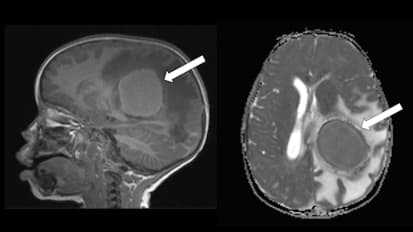 Video
Video
Clinical Case Reports and New mNGS-Based Technologies
Charles Chiu, MD, PhD, discusses cases where mNGS testing saved the life of a patient with undiagnosed neuroleptospirosis, and spared another patient from a potentially unnecessary liver transplant.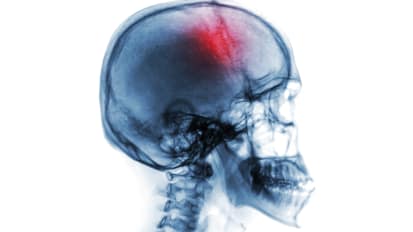 Video
Video
Medical Management of Seizures and Epilepsy
An in-depth look at the many medication options for patients with epilepsy, addressing safety issues such as driving, the success of surgery when meds don’t work, and other options, from thalamus stimulation and RNS to ketogenic diets for kids and adults.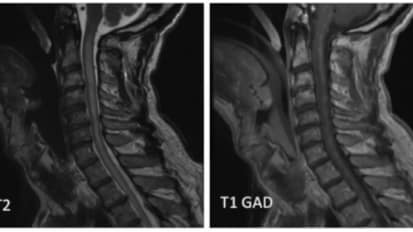 Video
Video
Multiple Sclerosis and Other Inflammatory Disorders of the Central Nervous System
Learn the latest thinking on MS and the genetic and environmental causes, preventing nerve loss in the brain and elsewhere, the role of vitamin D and UV exposure, breakthroughs on the horizon, and other inflammatory diseases like sarcoidosis. Video
Video
Headache Update - Module 1
Our headache expert summarizes, simplifies and lists on-screen the primary headaches defined by the International Classification of Headache Disorders, including migraine, tension-type, cluster, and exertional headache, and introduces three case studies. Video
Video
Headache Update - Module 2
Here’s a guide to secondary headaches caused by trauma, infection, intercranial pressure, and more, including red flags for when to investigate further. Headaches related to vascular disorders, for example, can be dangerous and require early diagnosis. Video
Video
Headache Update - Module 3
Learn how migraines begin and develop in the brain and how various treatments – from antiepileptics and triptans to beta blockers and botox – can prevent or relieve pain at different stages. Also: strategies for weaning patients off medication overuse. Video
Video
Headache Update - Module 4
See the latest treatments for migraines (some not on the market yet), including lasmaditan (a serotonin 1F receptor agonist), DHE via inhalation and medicines to block CGRP. Plus: infusions for refractory headaches, intractable primary headaches and more. Video
Video
Headache Update - Module 5
Explore three case studies: An overscheduled high school student with menstrual headaches, a tech company CEO with daily headaches and medication overuse, and a man in his 60s with limited treatment options due to diabetes and other health concerns.


